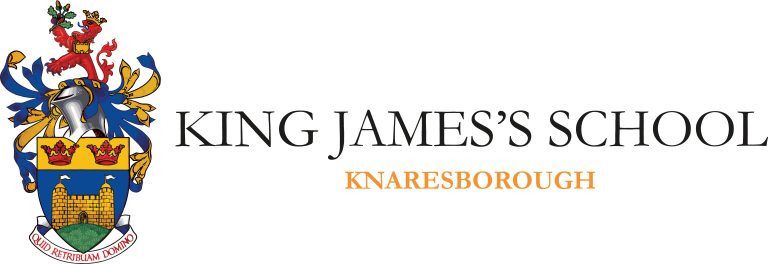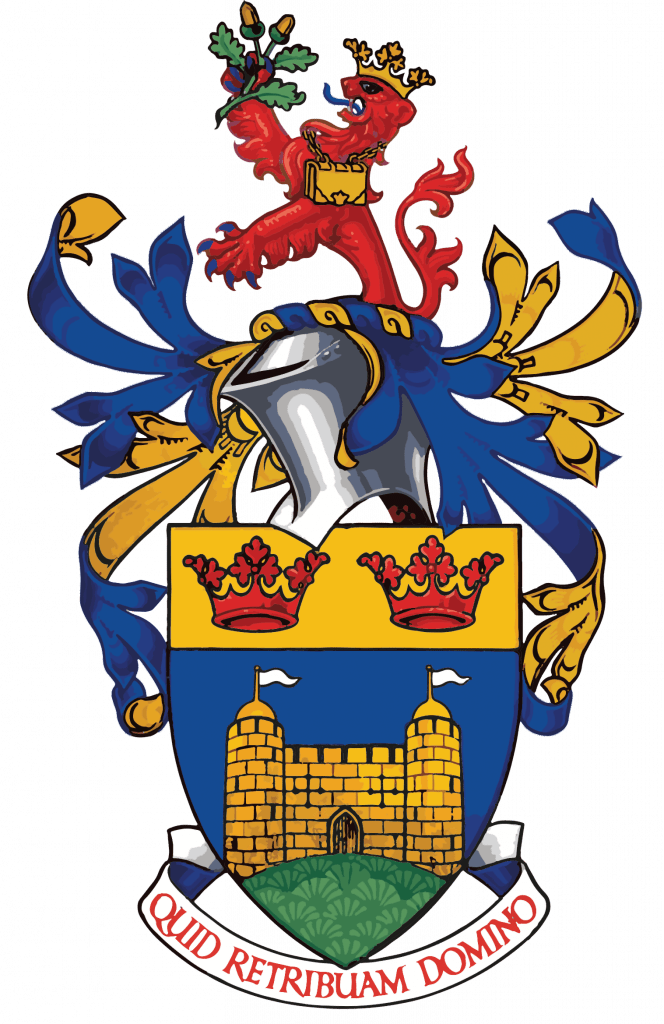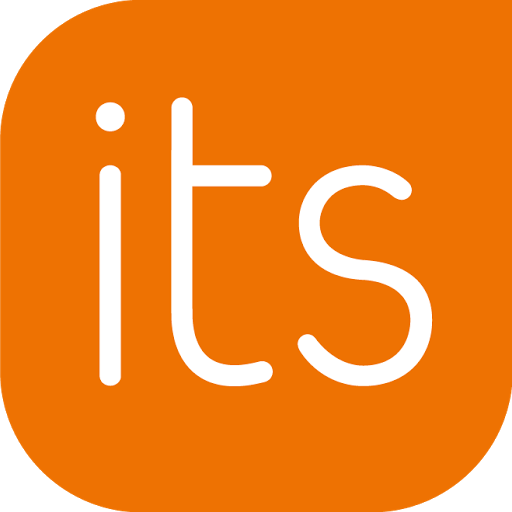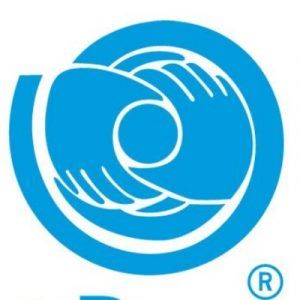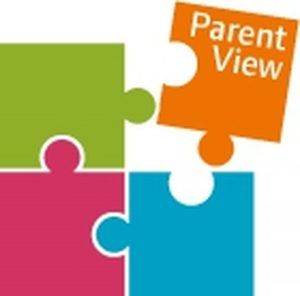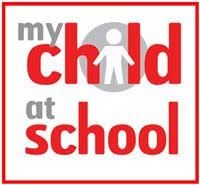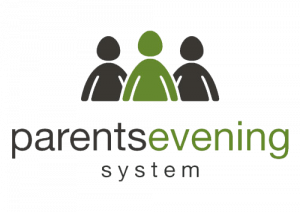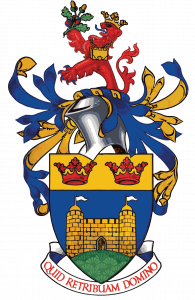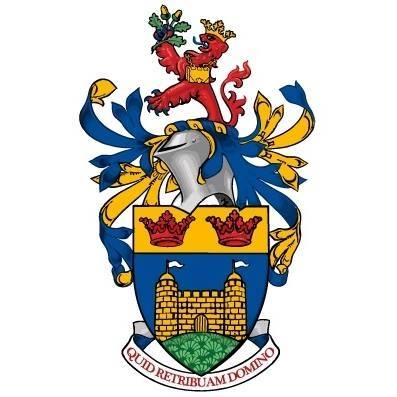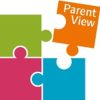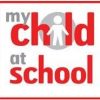Special Educational Needs
SEN Information Report
Produced in line with the recommendation from the SEN Code of Practice 2014, Chapter 6
1: Special Educational Needs that are provided for
The school provides for students with a wide range of Special Educational Needs.
These include:
- Cognition and Learning
- Social, Emotional and Mental Health
- Communication and Interaction
- Sensory and Physical
We operate an inclusive mainstream model of provision. Our students with Special Educational Needs are not taught separately from the mainstream curriculum.
2: Identification of students and young people with SEN, assessing needs and contact details of the SENCo
Special Educational Needs Co-ordinator – Mrs A Knight
Lead Advanced Teaching Assistants – to be contacted in the first instance:
Year 7: A Dobson
Year 8: E Wilson
Year 9: F Riley or A Knight
Year 10: A Hazelton
Year 11: L Kirkham
Staff can be contacted via telephone: 01423 866061
Identification of Special Educational Needs is made through:
- liaison with feeder primaries;
- receipt of transition information from the Local Authority;
- monitoring of progress data through Learning Cycle processes;
- monitoring through meetings with a focus on students who are vulnerable learners;
- regular liaison with Learning Managers and subject leaders;
- feedback from teaching assistants;
- feedback from and discussion with parents;
- discussion with students;
- in house assessments;
- reports from external agencies and professionals.
The Learning Support Department uses a range of standardised and non-standardised assessments to clarify and identify a range of needs across learning, social and emotional domains.
3: Arrangements for consulting parents of students with SEN and involving them in their child´s education
The school and department welcome contact from parents. Advanced Teaching Assistants within the Learning Support Department work closely with students in a designated year group and provide an increased opportunity for parents to liaise with a staff member who knows their child well. We actively collaborate with parent groups and host Parent Coffee Mornings and ‘Tea At Two’.
Parents are invited to take a proactive role in participation at interim review meetings; where students have an Education, Health and Care Plan formal consultations take place annually in line with the SEND Code of Practice.
4: Arrangements for consulting young people with SEN and involving them in their education
Students are consulted using the Learning Support Student Council forum. Students are invited to attend meetings as appropriate where their progress is being discussed. Students who have an Education, Health and Care Plan are formally consulted annually. Student voice is captured on SEN Support plans by ATAs and in preparation for any annual/interim reviews.
5: Arrangements for assessing and reviewing children and young people´s progress towards outcomes
Students´ progress is assessed and reviewed by school staff through the Learning Cycle process. Where students have intervention programmes which are additional and different, student progress is reviewed by the SENCO and/or the Learning Manager and/or Head of Department in line with the graduated approach outlined in the Code of Practice. Progress relating to outcomes in relation to a student’s Educational, Health and Care Plan is formally reviewed at least annually.
6: Arrangements for supporting children and young people in moving between phases of education and in preparing for adulthood
Transition from Primary to Secondary School: The SENCo, the Assistant SENCo, the Associate Assistant Headteacher for Year 7, the Year 7 Learning Managers, SEMH staff and the Advanced Teaching Assistant for Year 7 visit primary schools and meet with staff and students. Where students have an Education, Health and Care Plan staff from the Learning Support Department endeavour to attend year 6 Annual Review meetings. The Learning Support Department hold three additional transition days for students with special educational needs and a coffee morning for parents. Students are invited to school in July to participate in the school transition days. Additional, bespoke transition activities and visits are arranged to meet the individual needs of the students transferring to the school.
Other key transition points: individual discussions with students and parents; students are offered additional interviews with the Careers and Alternative Curriculum Manager; accompanied visits to post-16 providers; highly personalised transition planning based on individual student need. The school has established strong links with post- 16 providers including Harrogate College, York College, Askham Bryan College; Ripon Evolve and local work experience and apprenticeship providers.
For students with an Education, Health and Care Plan, transition reviews from Year 9 are informed by the Careers team and where applicable, our teacher of Inclusion and intervention or our SEMH staff.
We also follow the recently updated Preparation for Adulthood guide by NYCC.
Where students transfer into King James’s School sixth form and we are made aware of student need, the Sixth Form Pastoral Officer, working with the SENCo, will liaise with the students’ previous school, meet with students and their parents and organises transition events. Where invited, the SENCo will attend year 11 Educational, Health and Care Plan review meetings.
7: The approach to teaching children and young people with SEN
In line with the SEND Code of Practice all students are included in lessons across the curriculum. Time limited specialist Intervention programmes are delivered based on individual need. Subject teachers plan lessons which are differentiated to help meet student need, with a focus on Universal Entitlement: Wave 1 provision.
The school is working with Positive Regard to enhance our relational approach and all staff have access to SEN Support Plans for further important information.
8: How adaptations are made to the curriculum and the learning environment of children and young people
The majority of students follow a mainstream curriculum. Personalised adaptations are made according to individual need. Students with the highest levels of need (significant Cognition and Learning difficulties with an EHCP) may be taught within the Student Support Group for some lessons. We also offer more bespoke curriculum pathways from an SEMH point of view and an academic point of view for a small cohort of students.
The School provides facilities in line with the Disability Act to meet the requirements of those students with more complex needs and is prepared to make reasonable adjustments according to individual student need.
9: The expertise and training of staff to support children and young people with SEN
The Learning Support Department has a high level of expertise and training. The SENCO has a the NASENCo qualification and an additional PGCE in Inclusion and Vulnerable learners. Additional staff within the LS Department are qualified to NVQ levels 2 and 3. Other staff in school have qualifications and received training in a range of areas including: Social, Emotional and Mental Health; Attachment Difficulties; pastoral care; emotional health and well being. We also have a small cohort of staff completing the NPQ SENCo qualification.
Members of the Learning Support Department and staff who work within the pastoral framework are qualified and experienced to deliver in- house training on a range of special educational needs to teaching and support staff.
Any additional specialist expertise is sought and secured from the wider North Yorkshire Specialist Network of services.
10: Evaluating the effectiveness of the provision made for children and young people with SEN
The progress of all students, including those with SEND, is evaluated every Learning Cycle thorough rigorous data monitoring.
The effectiveness of intervention programmes and intervention curriculums are evaluated by staff and students termly.
We also gain feedback from professionals, parents/carers and student voice.
11: How children and young people with SEND are enabled to engage in activities available with children and young people in the school who do not have SEN
All extra-curricular activities are open to all students. Where activities are provided for students with SEND, students without SEND are welcome to attend. Risk is always appropriately assessed also.
12: Support for improving social and emotional development. This should include extra pastoral support arrangements for listening to the views of children and young people with SEN and measures to prevent bullying
The school invests in a wide range of pastoral roles and the employment of Advanced Teaching Assistants within the Learning Support Department whose remit has a focus on social and personal development. This is through 1:1 sessions or small group work.
The work of the school’s Family Liaison Officer, the School Nurse, the SEMH team, the Learning Managers and our teacher of Inclusion and Intervention also supports students’ social and emotional needs.
The school engages with a wide range of outside agencies who support students with social and emotional needs, such as CAMHS, Wellbeing in Mind Team, Compass Phoenix and JustBe for example.
SEND awareness and anti- bullying is incorporated into the whole school PHSCEE programme and Assemblies.
The Learning Support Department runs a ‘Good Morning’ Club and operates Quiet Rooms for more vulnerable students. Support staff are available every break and lunchtime to meet with students.
Students with SEND are invited to join the Learning Support School Council group where issues concerning and relating to students with SEND can be shared and discussed.
Assemblies which have an anti-bullying message and focus on individuals´ differences are delivered by Learning Support and pastoral staff.
Students participate throughout the year in fund raising activities to support associated charities.
13: How the school involves other bodies in meeting children and young people´s SEN and supporting their families
The school has established strong links with outside agencies and welcomes multi agency working. We work closely with colleagues in education, health, social care and careers including agencies such as CAMHS, Local Authority Support and SEND Hub Teams, The Early Help Service, JustBe and any Medical Teams. Outside agency representatives are invited to play a role in the Annual Reviews of students’ Education, Health and Care Plans.
14: Concerns
If you have any concerns about the provision made for a student with SEND, the first point of contact is the Lead Advanced Teaching Assistant for the student´s year group. Parents are also welcome to contact Mrs A Knight, the Special Educational Needs Co-ordinator (SENCo). If your concern escalates to a complaint about SEND provision, you should follow the general complaints procedure available on our school policies page, but it is always best to approach the form tutor, ATA or SENCo first.
15: Equipment and other facilities to support children and young people with SEN.
If specialist equipment and/or facilities are required to support a young person with SEND and they are above and beyond the school’s current provision then the school will strive to secure additional support/funding to meet the child’s needs. Specialist advice and direction would be sought and any decisions made would be evidence based. Where necessary, an EHCP may be required for extensive specialist equipment and/or facilities. We would work closely with the parents, pupil and specialist staff to ensure we would be the correct provision for a young person. Expectations with all stakeholders regarding facilities and equipment need to be clear and managed appropriately.
16: Support services for parents/carers of pupils with SEN.
If a pupil has an EHCP then an SEN case worker is allocated to each plan by the issuing Local Authority. Also, the Local Authority’s support streams are available to view through the NYCC Local Offer, i.e: SENDIASS. Parents can also self refer to Early Help if necessary.
17: Admission arrangements for disabled students. Steps that are taken to prevent disabled students from being treated less favourably than other pupils.
The admissions process for disabled pupils (without an EHCP) is the same process for all students seeking a place at school. The process would be enhanced to ensure that the pupil, family and any other professionals felt at ease about the process and to ensure any additional support was put into place. Inclusion is a key part of our school ethos and is integrated into all parts of school life – i.e curriculum, environment, PSHE, assemblies, interventions and policy. Any concerns around discrimination would be taken seriously and our behavior and safeguarding policies and protocols would be followed as normal.
18: Facilities provided to help disabled pupils accessing school
Please see our Accessibility policy on the school website.
Local Offer
The school supports the Local Offer of the Local Authority. The North Yorkshire Local Offer can be accessed by using the following link: https://www.northyorks.gov.uk/children-and-families/send-local-offer
